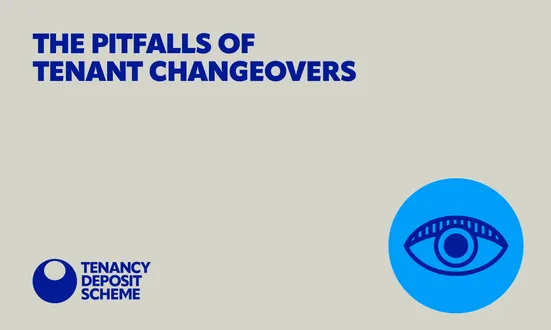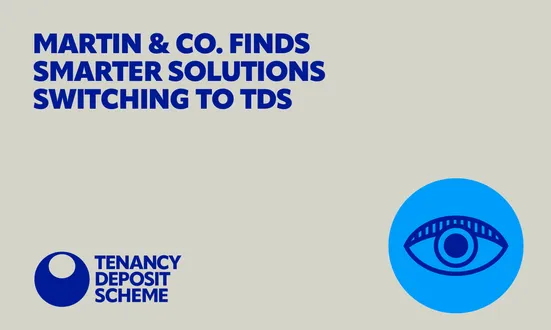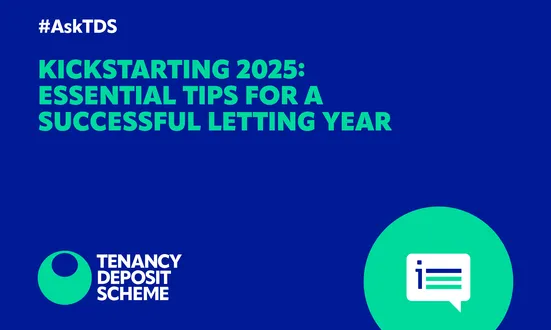This article has been written in response to a tenant’s query: “I’m going on holiday – do I need to tell my landlord?”
It is likely that your tenancy agreement contains a clause outlining your responsibilities as a tenant when leaving your rental property empty. The clause should explain the circumstances in which you need to tell your landlord/agent – for instance, how many days it can be left empty before the landlord/agent must be informed.
Most insurance policies will set out instructions for periods of absence and failure to comply with these may invalidate the insurance for the property. It is therefore important that landlords/letting agents outline in the tenancy agreement the tenant’s responsibilities for empty periods – making sure these reflect with any insurance policies held on the property. Tenants of course must make sure they comply with these – if the insurance policy is invalidated, tenants will be responsible themselves for any loss or damage!
If you do not have a clause concerning absences in your tenancy agreement, it is still best practice to keep your landlord/agent informed for both security and maintenance purposes. This would allow for appropriate checks to be done, in your absence, to alert the landlord/agent to any maintenance issues that may have occurred. This will allow them to act on these issues to prevent any further damage being caused.
Above all remember that if you don’t tell your landlord that you are away from the property and during that time there is damage from problems such as leaks or burst pipes, your landlord could seek deductions from your deposit to cover any additional loss they may have suffered.
About TDS
The Tenancy Deposit Scheme is part of The Dispute Service (TDS), the largest tenancy deposit protection (by value) and resolution service provider in the UK making life easier for tens of thousands of agents, landlords, developers, and millions of tenants and homebuyers.
Our award-winning customer service is highly rated on both Trustpilot and Google, and we’re backed by the NRLA, Propertymark and RICS.
We provide quick and hassle-free online deposit protection, free guides and information in our online help centre, free dispute resolution and free mid-tenancy mediation for tenants and landlords.
Our free tenant lifecycle app, tlyfe, makes renting smarter. Manage your TDS deposit, get pre-qualified, build your credit ratings, and more.

Other news stories


